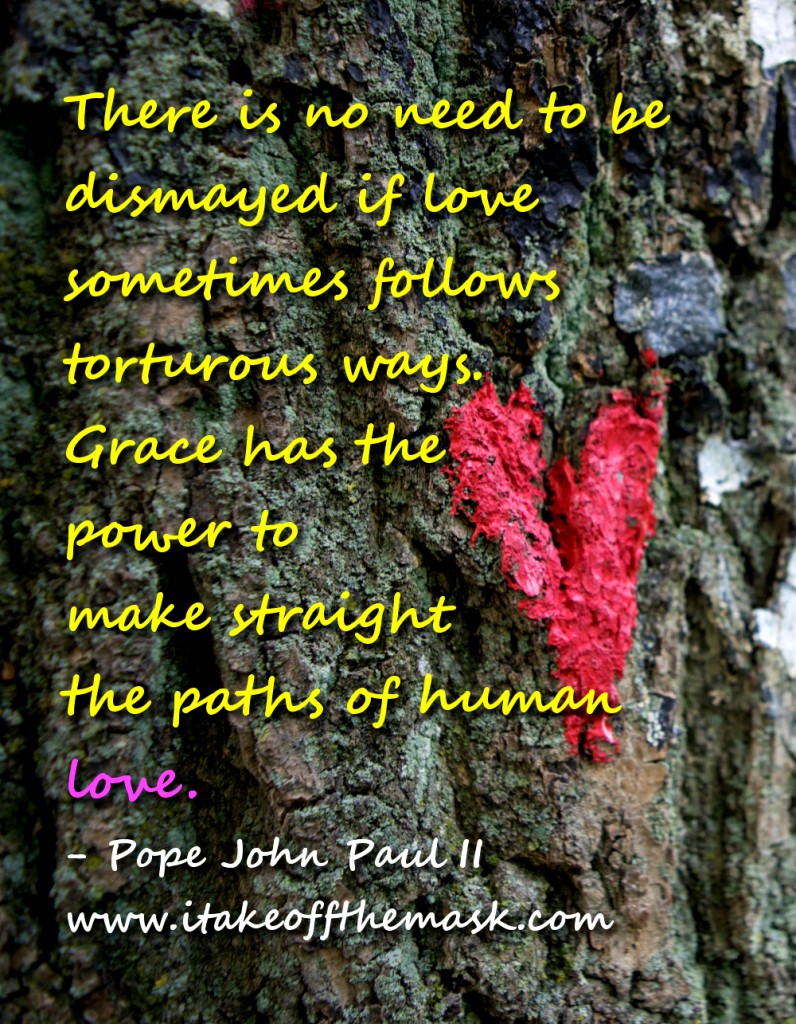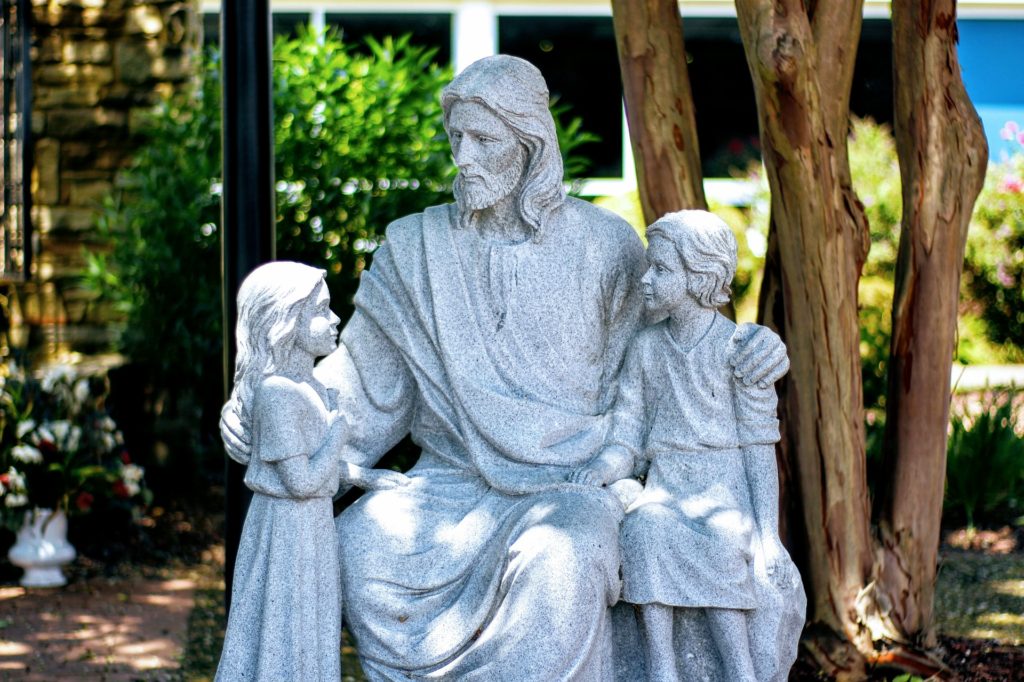 In a world where travel and technology have made the world feel smaller than ever, long-distance relationships have become increasingly common. Whether due to work, education, or other circumstances, many couples find themselves separated by miles and time zones. While the physical distance can be challenging, it doesn’t have to mean the end of a strong and meaningful connection. With a bit of effort, communication, and creativity, you can navigate the complexities of a long-distance relationship and keep the flame of love burning bright.
In a world where travel and technology have made the world feel smaller than ever, long-distance relationships have become increasingly common. Whether due to work, education, or other circumstances, many couples find themselves separated by miles and time zones. While the physical distance can be challenging, it doesn’t have to mean the end of a strong and meaningful connection. With a bit of effort, communication, and creativity, you can navigate the complexities of a long-distance relationship and keep the flame of love burning bright.
1. Prioritize Communication
Communication is the cornerstone of any successful relationship, and it becomes even more crucial in a long-distance setting. In the absence of physical closeness, words and conversations become your lifelines. Make an effort to establish regular communication routines, whether it’s daily texts, video calls, or weekly voice chats.
Be sure to set clear expectations about your communication patterns. Discuss how often you’ll connect, which communication platforms you’ll use, and how you’ll manage potential time differences. By making communication a priority, you’ll create a sense of intimacy that bridges the physical gap.
2. Embrace Technology
Technology has revolutionized the way we connect, making long-distance relationships more manageable than ever before. Take advantage of video calls, instant messaging, and social media to stay connected throughout the day. Video calls, in particular, offer a more personal touch, allowing you to see each other’s faces and expressions, even when miles apart.
Additionally, consider using apps and platforms that are specifically designed for long-distance couples. These apps often include features like shared calendars, virtual date ideas, and even synchronized playlists to help you maintain a sense of togetherness.
3. Plan Visits
Physical visits are like beacons of light in a long-distance relationship. They provide an opportunity to create shared memories, deepen your bond, and alleviate the ache of missing each other. Plan regular visits to spend quality time together and explore each other’s worlds.
While frequent visits might not always be possible due to various factors, having a visit to look forward to can provide a sense of anticipation and excitement. Coordinate your schedules, plan activities you both enjoy, and make the most of the time you have together.
4. Create Shared Experiences
Even when you’re miles apart, you can still create shared experiences that strengthen your connection. Watch the same movie or TV show at the same time and discuss it afterward. Play online games together, read the same book, or cook the same recipe simultaneously while video chatting.
Technology allows you to bridge the gap by participating in activities together, even if you’re in different physical locations. These shared experiences can help you feel more connected and foster a sense of camaraderie.
5. Be Open and Honest
Open and honest communication is key in any relationship, but it’s especially vital in a long-distance one. Since you’re not always physically present to interpret each other’s body language or expressions, effective verbal communication becomes paramount.
Be honest about your feelings, concerns, and any challenges you’re facing. If you’re feeling lonely, overwhelmed, or even struggling with jealousy, discuss it openly with your partner. This level of vulnerability can lead to deeper understanding and a stronger bond.
6. Trust Each Other
Trust is the foundation of any relationship, and it becomes even more crucial in a long-distance setting. While the distance can breed insecurity and doubts, it’s essential to have faith in your partner and the strength of your connection.
Build trust by being reliable, honest, and consistent in your communication. Avoid situations that might trigger jealousy or mistrust, and encourage open conversations about any concerns either of you may have.
7. Set Goals and a Plan
Long-distance relationships are often temporary, with a plan to eventually reunite. Setting goals and creating a plan for the future can provide a sense of direction and purpose. Discuss your long-term aspirations as a couple, whether it’s living in the same city, pursuing further education, or embarking on new adventures together.
Having a shared vision can help you stay focused on the bigger picture and make the challenges of distance more manageable. Regularly revisit your goals and adapt your plan as circumstances evolve.
8. Surprise Each Other
Surprises can inject excitement and romance into a long-distance relationship. Send unexpected gifts, handwritten letters, or surprise video messages to remind your partner of your love and appreciation. Small gestures can go a long way in keeping the connection alive and reminding each other of the special bond you share.
9. Manage Time Zones
Time zones can be tricky to navigate, but they’re not insurmountable obstacles. Take the time to understand each other’s time differences and adjust your communication routines accordingly. Consider using world clocks or time zone converter apps to help you coordinate your schedules.
Being mindful of time zones shows that you respect each other’s routines and commitments, and it can help you avoid misunderstandings about availability and expectations.
10. Focus on Quality Over Quantity
While consistent communication is important, the quality of your interactions matters just as much. Rather than focusing solely on the frequency of your conversations, prioritize meaningful and engaging interactions. Set aside dedicated time for focused conversations where you can truly connect and share your thoughts, dreams, and feelings.
By emphasizing quality over quantity, you’ll create more profound and memorable moments that contribute to a stronger connection.
In Conclusion
Navigating a long-distance relationship requires effort, dedication, and a willingness to adapt. While the physical distance can be challenging, it’s important to remember that love knows no bounds. By prioritizing communication, embracing technology, and creating shared experiences, you can keep the connection alive and nurture a meaningful and fulfilling relationship, no matter how many miles may separate you. With trust, understanding, and a shared vision for the future, you can overcome the obstacles of distance and continue to build a strong and lasting bond.






